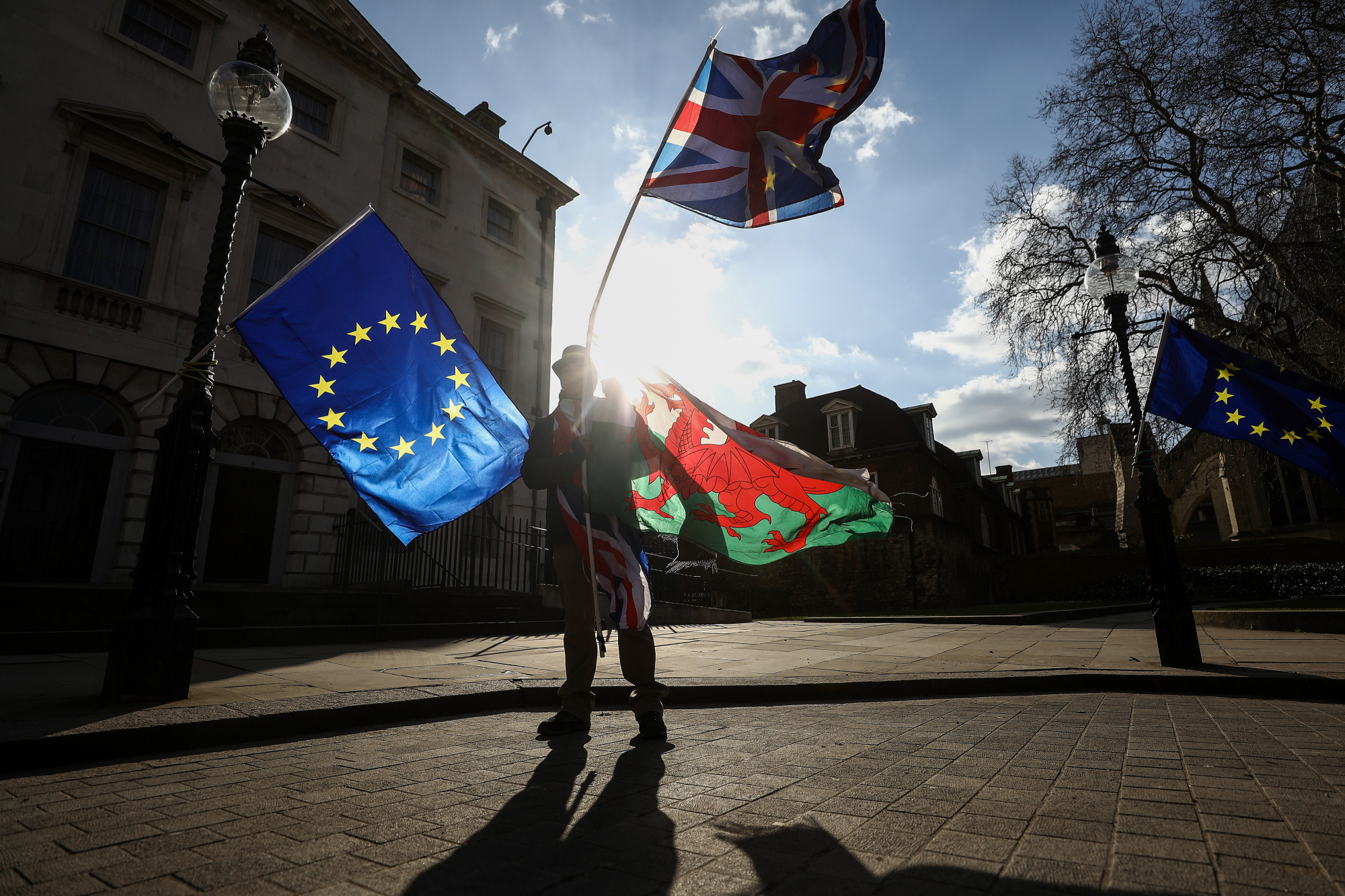Britain and the European Union agreed on Monday to a transition period to avoid a "cliff edge" Brexit next year — though only after London accepted a potential solution for the border with the Irish Republic that may face stiff opposition at home.
The pound surged on the confirmation that Britain would remain as effectively a nonvoting EU member for 21 months until the end of 2020. Some business leaders, however, echoed a warning from EU negotiator Michel Barnier that the deal will be legally binding only if London ratifies the whole withdrawal treaty by March 2019.
That means solving outstanding issues, notably how to avoid a "hard border" that could disrupt the peace in Northern Ireland. Britain says an EU-U.K. free trade deal to be sealed by 2021 can do that. But Dublin wants this year's treaty to lock in a "backstop" or fallback arrangement in case that future agreement does not work.


















With your current subscription plan you can comment on stories. However, before writing your first comment, please create a display name in the Profile section of your subscriber account page.